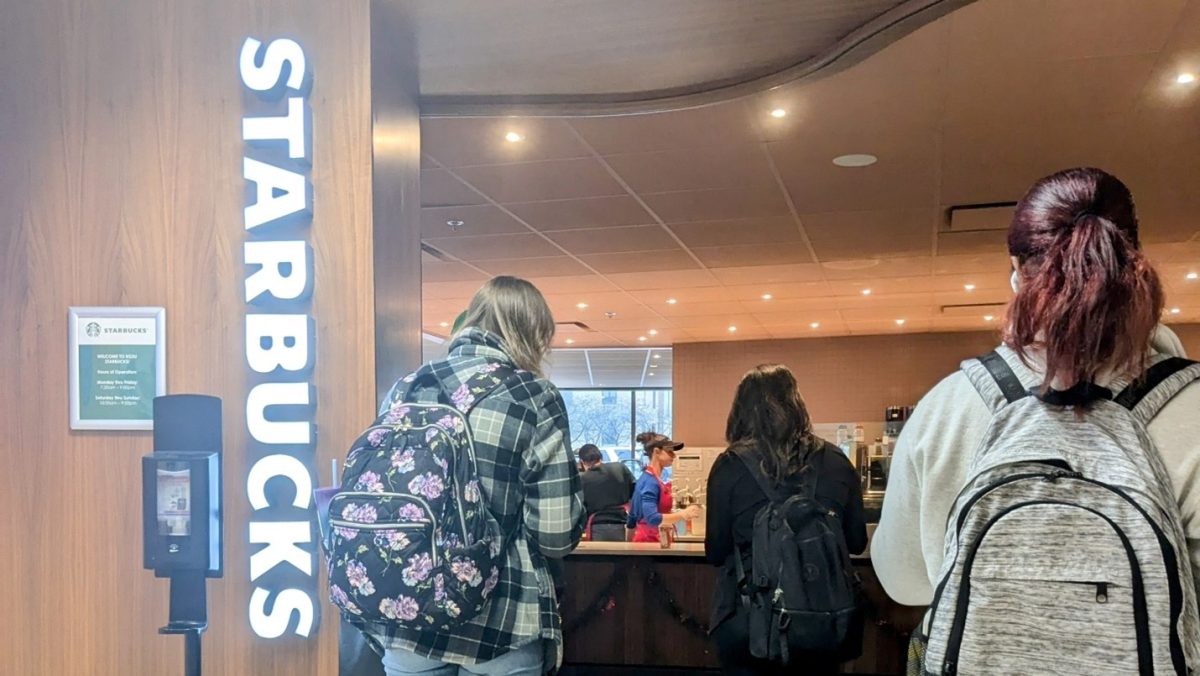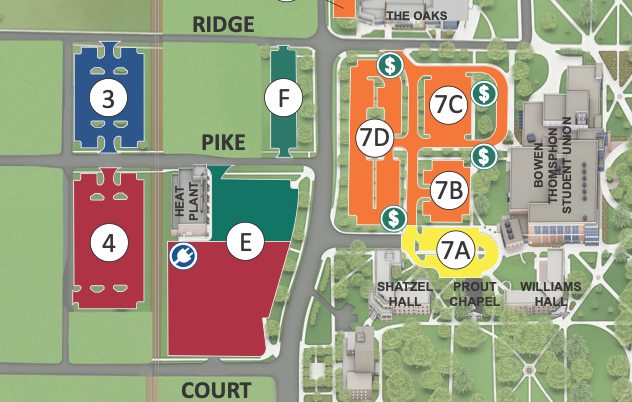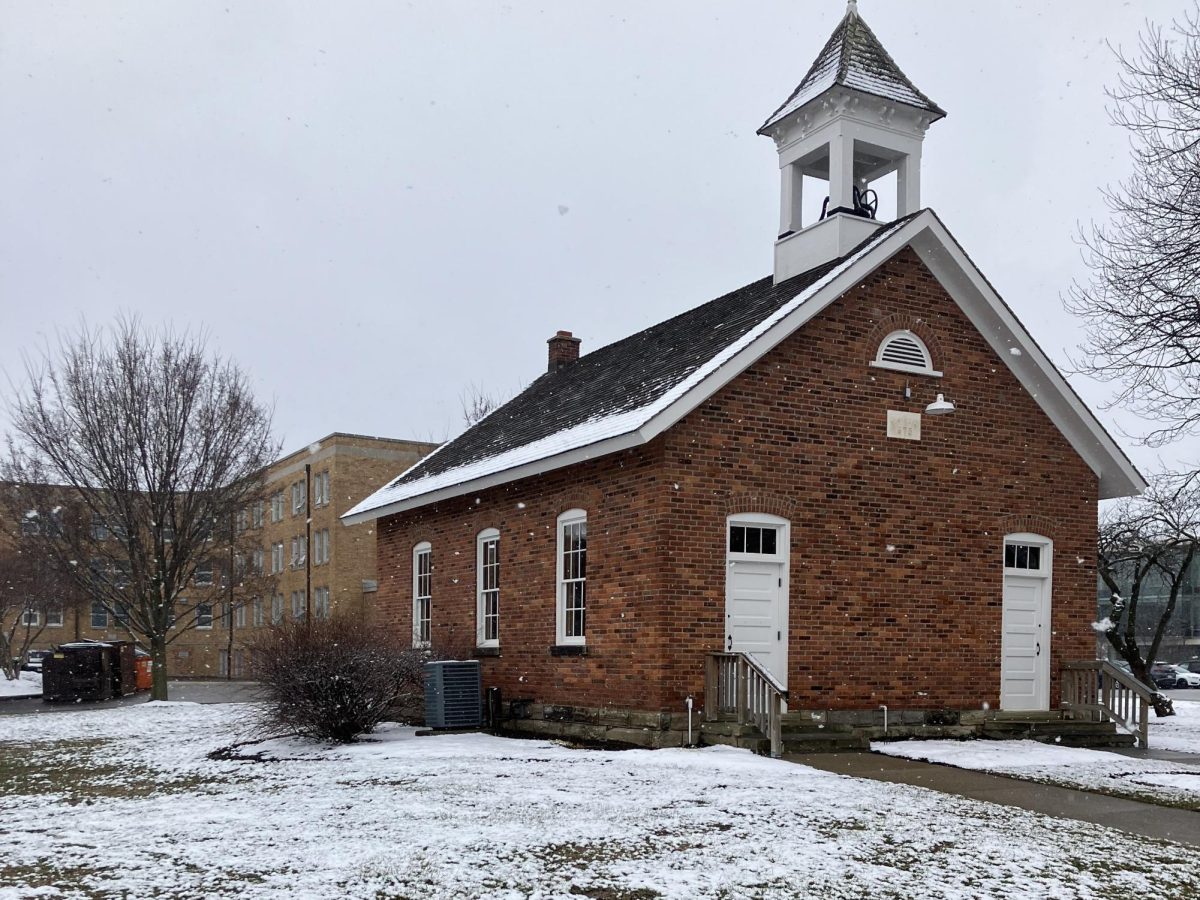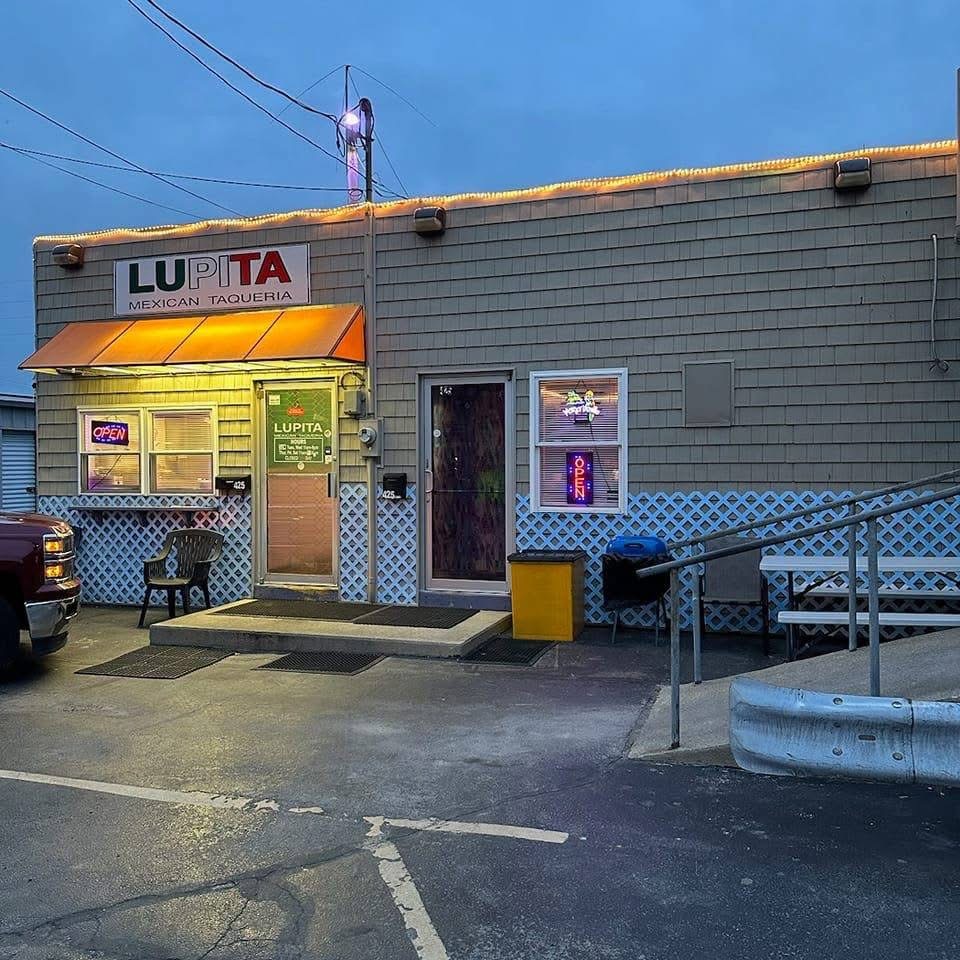On Jan. 14, 2011, after weeks of citizen protest, government media blocks and brutality, Tunisian revolutionaries successfully ousted Zine El Abidine Ben Ali from the presidency. The Tunisian government has never been the same. Neither has BGSU graduate student Amira Hassnaoui.
Growing up in Tunisia, she witnessed her country undergo drastic governmental and social change in 2010 and 2011. At the same time, Hassnaoui was experiencing a personal transformation.
She credits the person she is today and her passion for social justice to her experiences during the revolution in Tunisia.
The small North African country with a population of almost 11 million is situated between Libya and Algeria. Despite its comparatively small size to the surrounding countries and small population, Tunisia has tremendous influence.
Its political unrest of 2010 and 2011 inspired civil disobedience and uprisings in other North African and Middle Eastern countries, giving rise to the “Arab Spring.”
Hassnaoui was part of several protests during the revolution and referred to her fellow Tunisian protesters as part of the Arab Spring. They had no previous examples to look to.
She said their role as guinea pigs streamlined the process for the other countries following their lead.
Hassnaoui and her friends were able to communicate with Egyptian dissenters using various social media platforms and offered advice to planning revolutionaries.
One suggestion she and her friends strongly expressed to their revolutionary successors in Egypt was the need to arm themselves with cans of Pepsi during protests.
“If you get tear gassed, you can wash your face right away with (Pepsi), it goes away,” she said.
While calling up memories of riots and mascara-stained cheeks, Hassnaoui’s bright red lips parted in a smile and let out a giggle.
She recalled one Saturday night in Tunisia hanging out at a bar, named JFK, known for underground journalists, bloggers, artists and film stars.
A protest broke out outside. Tear gas and shouts poured in through the open windows, she said.
“What I was worried about the most, I didn’t even think that cops would come over and that they could be forceful. I wasn’t afraid of police brutality at all,” she laughed. “The only thing I was concerned about, if I do die that day, they will give my mom a call and tell her, ‘Your daughter, we found her dead in a bar’… what a shame to the family.”
Before the revolution, she was not politically active. Neither was her family.
Her parents, Moncef and Chadia Hassnaoui, would not let her participate in early protests.
She remembered begging her parents to let her participate.
“I kept crying, I’m like ‘I want to do it, I want to stand up for what I believe is right right now. Your generation did not do enough. Let me do what I think is best for my generation and for the people coming after me. Let me prepare for my kids,’” she said.
Situating her tan head wrap that held back her dark, bunned hair, she explained that was when she began to realize the importance of being a politically active citizen and fighting for social justice.
She wants other people to realize the importance as well.
“I hope that people who do believe in equal rights and social justice and they do believe there is corruption, they don’t take a step back. If you do, you allow that corruption to continue,” she said. “Even though it’s draining, emotionally, physically, I do believe that people should still stand for what they believe is the right thing to do.”
Even in the United States, she said she continues to live her life through these words of determination and does not back down from challenging situations.
After her first year in her graduate program, she and her colleagues had the option to continue teaching or to take an administrative position for their second year.
While many of her colleagues continued their paths as instructors, she veered toward the other side of academia and took an administrative position where she now serves as the president of Graduate Student Senate (GSS).
“Stepping in, I knew it was going to be a lot of work, a lot of expectations,” she said. “Sometimes I envy them because they can just reuse the material. They’re comfortable. They know exactly what to do and have done it for a whole year.”
However, she added that, since the revolution, there is a side of her that always wants to push through the deep waters, to tackle obstacles with confidence.
“I think I was made to do this. I cannot oppress that side of me, the person who is ambitious, who is seeking social change,” she said.
She hopes to continue her passion for social change and advocacy in GSS, despite the challenging position.
Kathleen Newman, secretary for GSS and Hassnaoui’s coworker, said Hassnaoui is handling the GSS presidency well.
“She seems to be able to juggle all the balls without out dropping any,” Newman said.
Newman said Hassnaoui’s bright personality and positive demeanor are welcome additions to the GSS office.
“I really enjoy seeing her. It’s always one of the highlights of my day when she comes in,” Newman said. “She’s very bright, that’s obvious from just speaking with her for a little while. But she’s also very down to earth and easy to talk with.”
Newman said she is passionate about her work with GSS.
Hassnaoui’s passion followed her from Tunisia.
Many felt social and political change was needed in Tunisia. Hassnaoui agreed and joined the cause.
In return, she says she was rewarded with personal enlightenment that lead her to become an advocate for social change in the United States as well.













